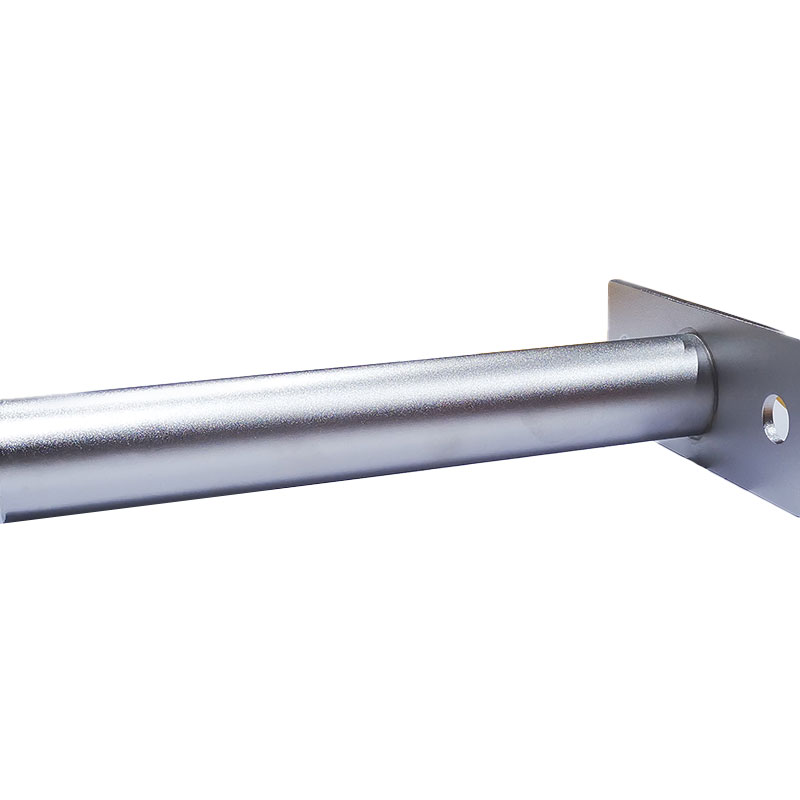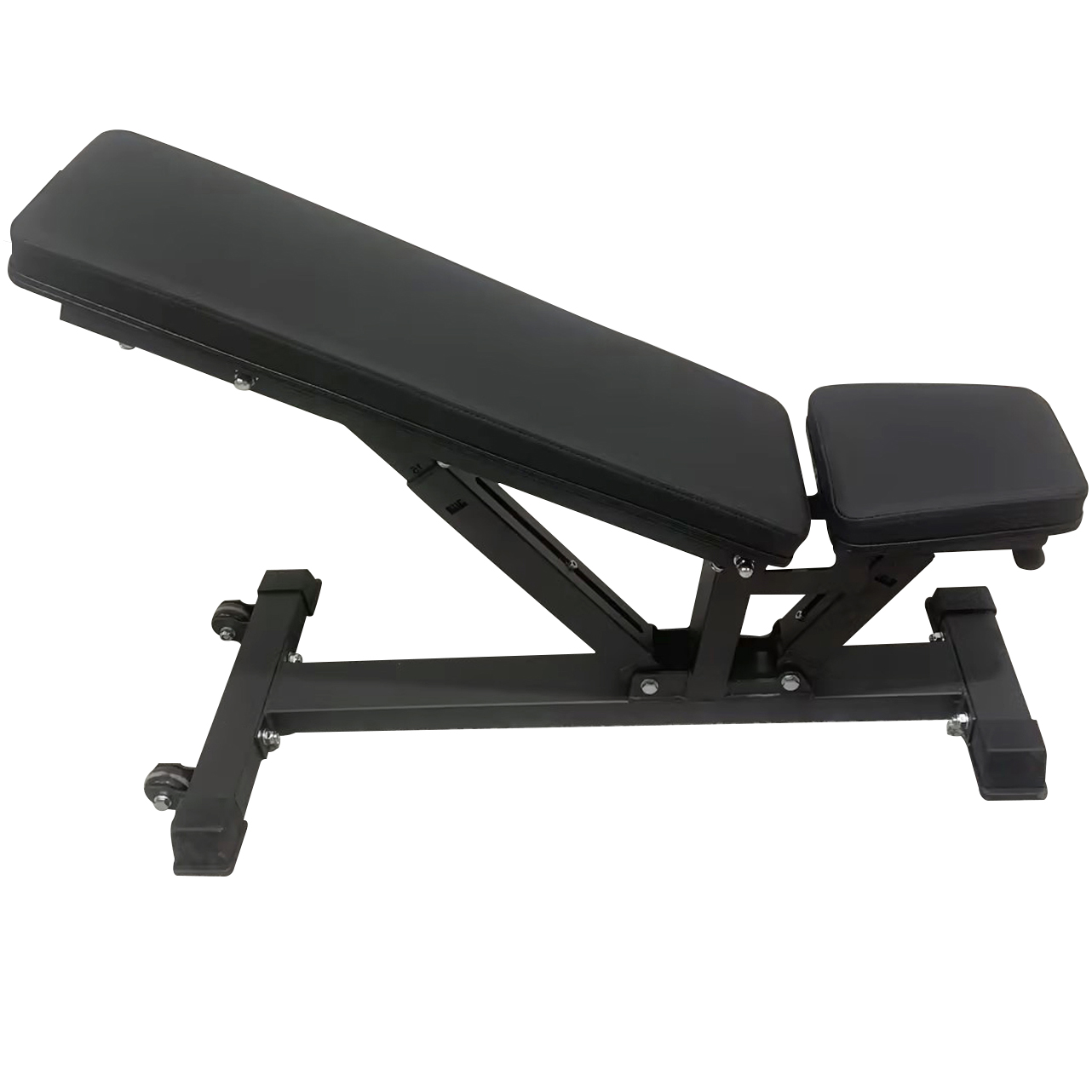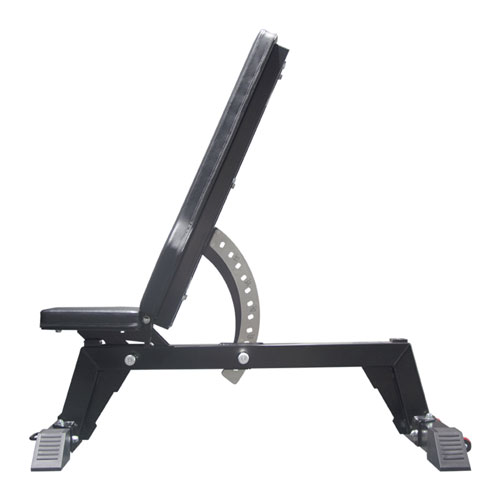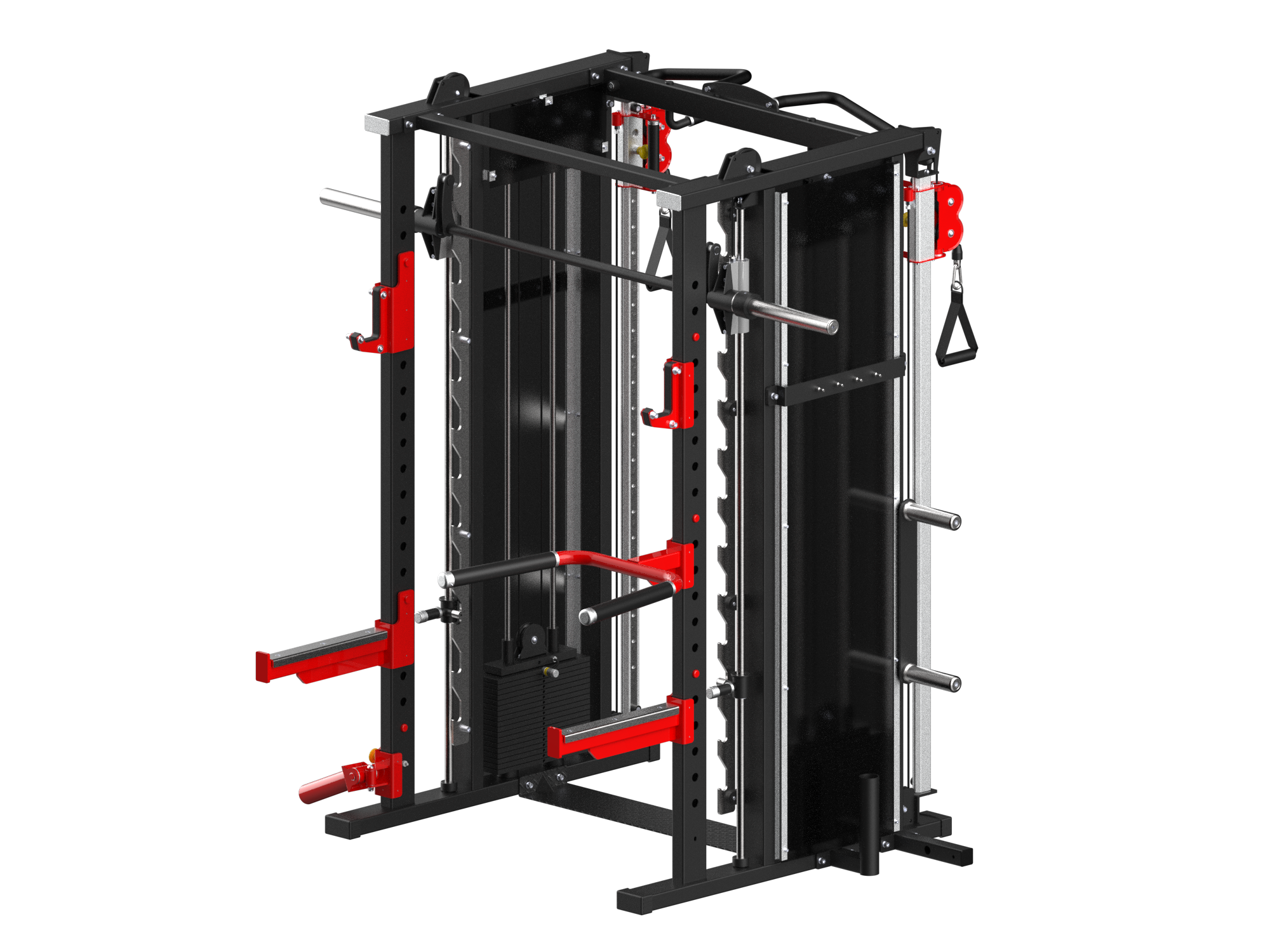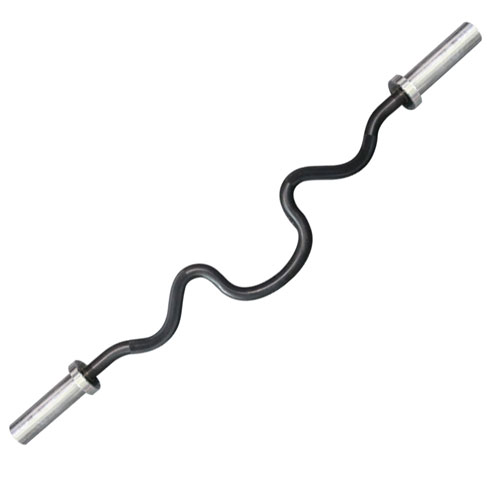Custom Gear Builds Your Unique Brand
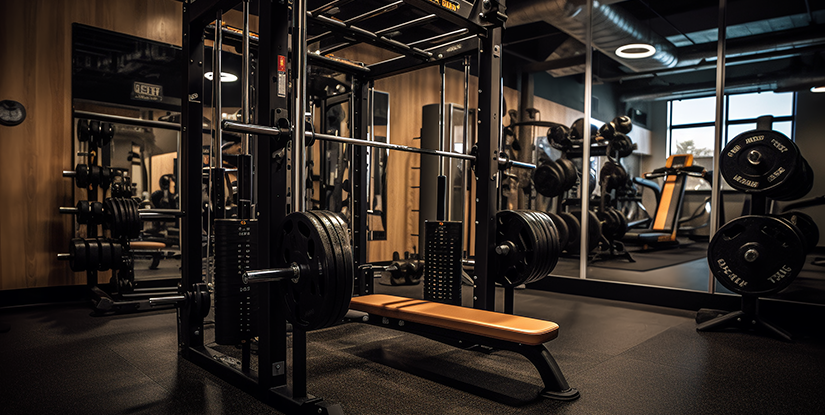
Stand Out in the Fitness Industry with Tailored Equipment
As a gym owner, distributor, or brand agent in the fitness industry, you face fierce competition to attract and retain clients. In 2025, custom fitness equipment—branded barbells, personalized racks, or unique weight plates—offers a powerful way to build a distinctive brand identity, differentiate your business, and connect with eco-conscious, style-driven customers. Drawing on over two decades of experience in the fitness equipment sector, this guide explores five strategic ways custom gear can elevate your brand, boost client loyalty, and secure a competitive edge in a crowded market. For B-end businesses, this isn't just a trend—it's a business imperative.
Let's dive into these expert insights, supported by industry data and trends, to help you leverage custom gear for a standout brand in 2025.
Strategy 1: Create a Memorable Brand Identity with Custom Designs
Custom fitness equipment, such as barbells with your logo or racks in signature colors, transforms your gym or brand into a recognizable entity. A 2024 branding study found that gyms using custom gear saw a 20% increase in brand recall among members, as personalized equipment fosters a sense of exclusivity. For distributors and agents, offering branded gear to clients strengthens partnerships and drives repeat business. Use high-quality, durable materials like chrome-plated steel or recycled rubber, certified by standards like ISO 9001, to ensure longevity and appeal. This builds trust and positions your brand as premium, attracting high-value clients in 2025's competitive market.
Explore customization benefits here:
Strategy 2: Attract Eco-Conscious Clients with Sustainable Custom Gear
In 2025, sustainability drives consumer choices, and custom gear made from eco-friendly materials—recycled rubber plates, bamboo-accented benches—resonates with environmentally conscious clients. A 2025 sustainability survey revealed that 35% of gym members prefer facilities using green equipment, boosting loyalty by 15%. For distributors, offering customizable, low-carbon options (e.g., plates with 25% recycled content) meets regulatory demands like the EU's Green Deal and enhances your brand's reputation. Partner with manufacturers using certified sustainable processes (e.g., ISO 14040) to ensure authenticity, positioning your business as a leader in green fitness solutions and attracting premium clients.
Learn about eco-friendly options here:
Strategy 3: Enhance Client Engagement with Personalized Features
Custom gear with personalized features—engraved handles, color-coded weights, or modular racks—engages clients by catering to their preferences, boosting retention by 18%, per a 2023 fitness engagement study. For gyms, offering equipment tailored to niche markets creates a unique member experience, while distributors can upsell branded, client-specific designs to agents. Use durable, high-performance materials like 11-gauge steel for racks, ensuring longevity and functionality. This not only strengthens client relationships but also amplifies your brand's appeal, driving word-of-mouth referrals and market share in 2025.
Discover personalization strategies here:
Strategy 4: Leverage Custom Gear for Social Media Visibility
Custom fitness equipment with eye-catching designs—vibrant logos, unique finishes—drives social media buzz, increasing brand visibility by 25%, according to a 2024 digital marketing report. For gyms, branded racks and plates featured in Instagram posts (#YourGymName) attract new members, while distributors can promote custom gear to agents for resale, boosting online engagement. Use durable, photo-ready materials like powder-coated steel to ensure longevity and aesthetic appeal. This strategy not only enhances your brand's digital presence but also positions you as a trendsetter, driving client acquisition and loyalty in 2025's social media-driven market.
Explore branding trends here:
Strategy 5: Build Long-Term Partnerships with Custom Solutions
Offering customizable, scalable gear—modular racks, adjustable barbells—fosters long-term partnerships with clients, increasing distributor retention by 30%, per a 2025 industry loyalty study. For gyms, tailored equipment meets diverse member needs, while agents can upsell unique designs to niche markets (e.g., boutique fitness studios). Use high-quality, certified materials (e.g., ISO 9001 steel) and flexible production processes to ensure adaptability and durability. This builds trust, drives repeat business, and positions your brand as a reliable partner, enhancing market competitiveness and profitability in 2025's evolving fitness landscape.
Learn about partnership strategies here:
Transforming Your Brand with Custom Gear
For gyms, distributors, and agents, custom fitness equipment isn't just a product—it's a branding powerhouse. By creating a memorable identity, attracting eco-conscious clients, enhancing engagement, boosting social media visibility, and building partnerships, you can stand out in 2025's competitive fitness market. Industry data shows businesses adopting custom gear see a 15-30% increase in client loyalty and revenue, with a 2025 branding forecast predicting a 10% market share growth for green, personalized solutions. With over two decades of expertise, I've witnessed these strategies transform businesses into industry leaders, delivering unique value and driving long-term success.
Ready to Build Your Unique Brand with Custom Gear?
Elevate your gym or business with custom fitness equipment to attract clients and enhance your market position in 2025.
Discover how a trusted fitness equipment supplier can help you create custom gear for your brand. Reach out today for expert advice!
FAQ About Custom Gear and Branding
How much does custom fitness equipment cost?
Costs range from 10-30% more than standard gear ($200-$500 per item), but brand value and client loyalty often offset this.
Can custom gear improve client retention?
Yes, custom designs can boost retention by 15-20% by creating a unique, engaging gym experience, per industry studies.
How long does it take to produce custom gear?
Typically 6-12 weeks, but pre-approved templates and lean production can reduce this to 4-8 weeks, depending on volume.
What materials are best for sustainable custom gear?
Recycled rubber, bamboo, and low-carbon steel are ideal, reducing emissions by 25-30% and meeting green standards.
How can custom gear boost social media presence?
Unique designs drive 25% more social media engagement, increasing brand visibility and attracting new clients through hashtags and posts.

